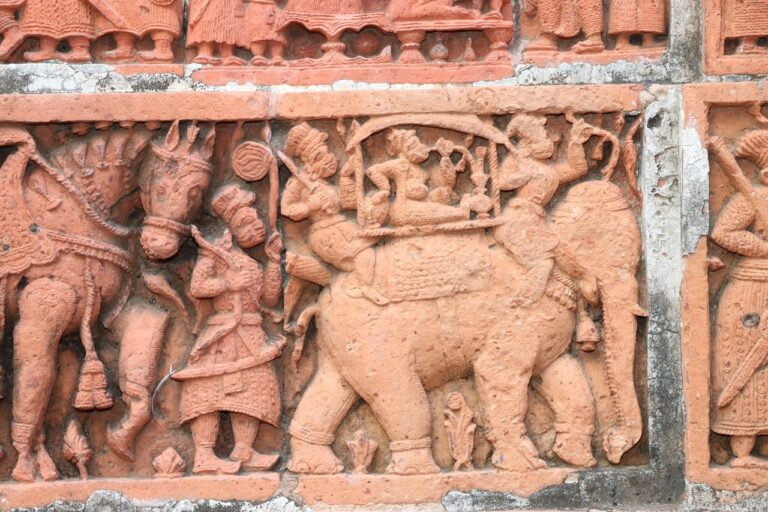The Role of Grassroots Movements in Shaping Electoral Politics: Laser247 com login id and password, Lotus 365.vip, Sky 247 login
laser247 com login id and password, lotus 365.vip, sky 247 login: Grassroots movements play a crucial role in shaping electoral politics by giving a voice to ordinary citizens and mobilizing support for specific causes or candidates. These movements are typically decentralized, bottom-up efforts that rely on the passion and dedication of individuals who are committed to bringing about change in their communities. In this article, we will explore the impact of grassroots movements on electoral politics and how they can influence the outcome of elections.
The Power of Grassroots Movements
Grassroots movements have the power to galvanize support for a particular candidate or issue in a way that traditional top-down campaigns cannot. By tapping into the energy and enthusiasm of grassroots activists, political candidates can build a strong base of support that can carry them to victory on election day. Grassroots movements are often driven by a sense of urgency and passion that can inspire others to join their cause and work towards a common goal.
Mobilizing Support
One of the key roles of grassroots movements in shaping electoral politics is mobilizing support for a particular candidate or issue. Grassroots activists can organize rallies, door-to-door canvassing, and social media campaigns to spread awareness and rally support for their cause. By engaging with voters on a personal level, grassroots movements can build trust and credibility, which can translate into votes on election day.
Driving Change
Grassroots movements can also drive change by bringing attention to important issues that are often overlooked by mainstream political campaigns. By raising awareness and putting pressure on elected officials, grassroots movements can push for policy changes that reflect the needs and priorities of the communities they represent. Grassroots activists can hold politicians accountable and ensure that their voices are heard in the political process.
FAQs
Q: How do grassroots movements differ from traditional political campaigns?
A: Grassroots movements are typically decentralized efforts that rely on the passion and dedication of ordinary citizens, while traditional political campaigns are often top-down efforts that are organized and funded by political parties or special interest groups.
Q: Can grassroots movements influence the outcome of an election?
A: Yes, grassroots movements can have a significant impact on electoral politics by mobilizing support for a particular candidate or issue. By engaging with voters on a personal level and building a strong base of support, grassroots movements can help sway the outcome of an election in favor of their cause.
Q: How can I get involved in a grassroots movement?
A: There are many ways to get involved in a grassroots movement, including attending rallies, volunteering for a campaign, donating money or resources, and spreading awareness on social media. Reach out to local organizations or activists to find out how you can make a difference in your community.
In conclusion, grassroots movements play a vital role in shaping electoral politics by mobilizing support, driving change, and giving a voice to ordinary citizens. By harnessing the power of grassroots activism, we can work towards a more inclusive and democratic political system that reflects the needs and priorities of all members of society.







